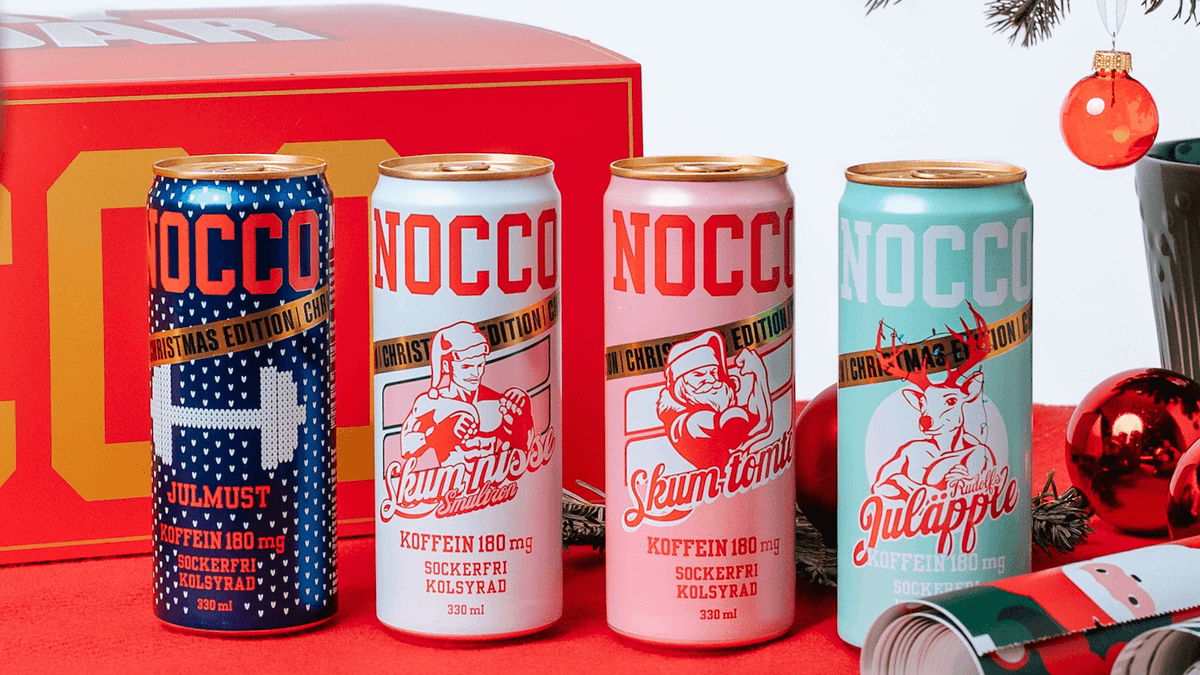Have you noticed that young people are buying energy drinks more frequently in stores? Increased popularity may be attributed to social influencers like Logan Paul launching their own energy drinks, such as Prime, which was very hyped last year. Swedish energy drink company NOCCO is also promoted extensively by influencers on social media.
Is energy drink consumption dangerous?
The Swedish Food Agency (Livsmedelsverket) writes that energy drinks in moderate amounts are not dangerous. Scientific experts in several countries and experts at the European Food Safety Authority (Efsa) have investigated this. However, people are affected differently by caffeine. Too much caffeine can lead to headaches, sleep problems, anxiety, and real big amounts of caffeine can cause nausea, vomiting, and diarrhea.
How much caffeine is there in energy drinks?
For example, in a 33cl can NOCCO, there is approximately 180 mg of caffeine, and in Prime, there is 200 mg of caffeine. This is equivalent to about 2-3 cups of coffee.
Trend among young people and concerns
SVT reports that there has been a large increase of young people drinking energy drink every day. 2021 the number was 13% and it has increased to 29% in 2024 among second graders in high school. A student says to SVT
I drink every day before lunch in School, becasue I am very tired, says Ghadir Ali
To SVT, dietitian Johanna Edström says
It is not dangerous with energy drinks, but young people are more affected by caffeine compared to adults, both because they are smaller but also because they are not used to it. Further, it can develop into an addiction, where you drink more and more says Joanna Edström.
According to the Youth Barometer (Ungdomsbarometern), there has been a doubling of young people who drink energy drinks at least once a week compared to five years ago.
Younger and younger youth are drinking more energy drinks, which can be an alarming development since energy drinks contain a lot of caffeine. Östersunds-Posten has interviewed School Doctor Kalle Maripuu
It's not good if energy drinks risk becoming a daily drink for many. You quickly get too much sugar and too much caffeine, says School Doctor Kalle Maripuu.
Legislation regarding energy drinks and age limits
There is no law with an age limit for energy drinks in Sweden. However, the Swedish Retail Trade Association has developed a industry agreement from 2009, which means that energy drinks should not be sold to those under 15 years old. In addition to the age limit, the Swedish Retail Trade Association recommends that store personnel be aware if young people over 15 years old buy energy drinks in an amount that appears to be overconsumption or abuse.






